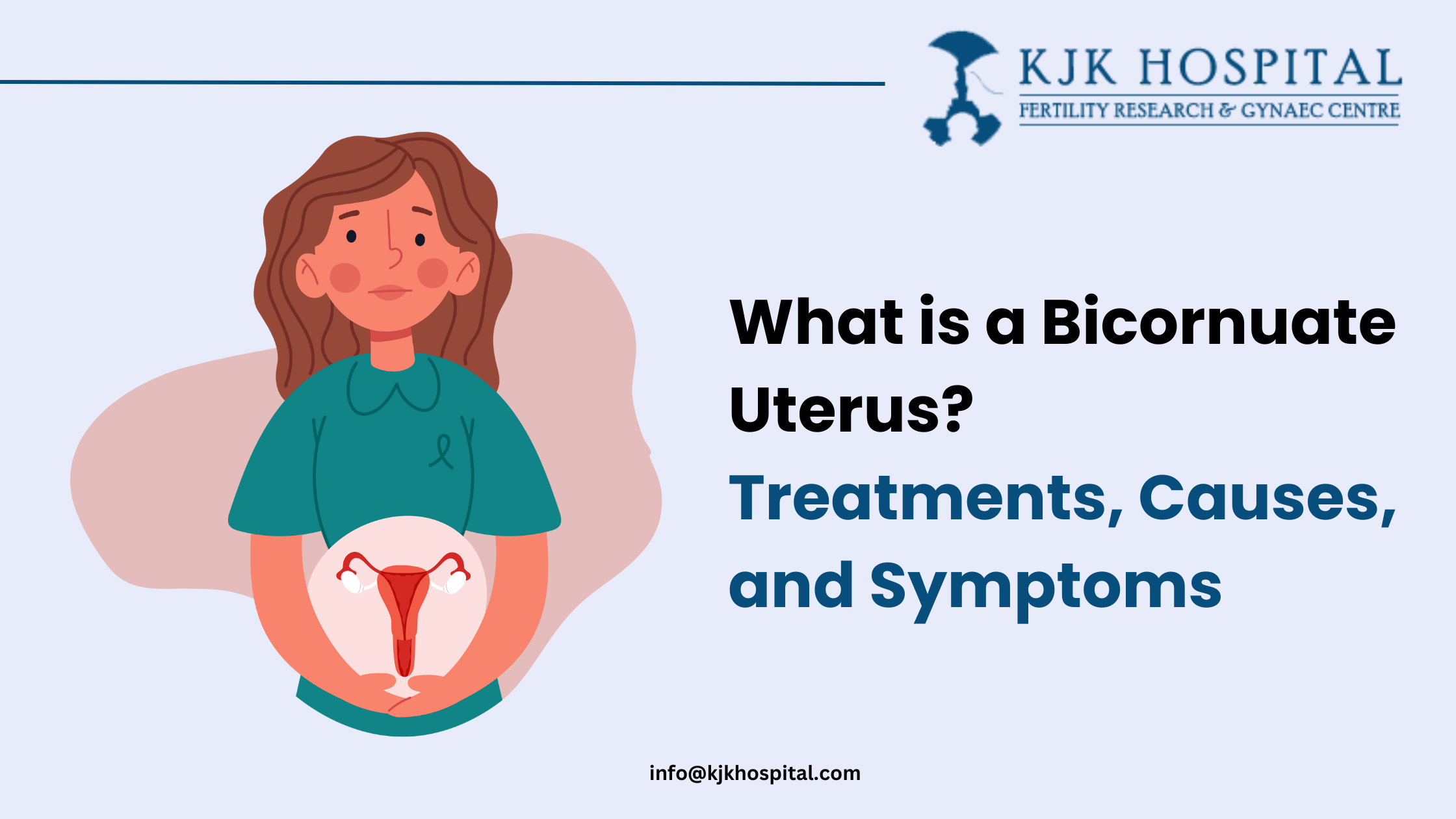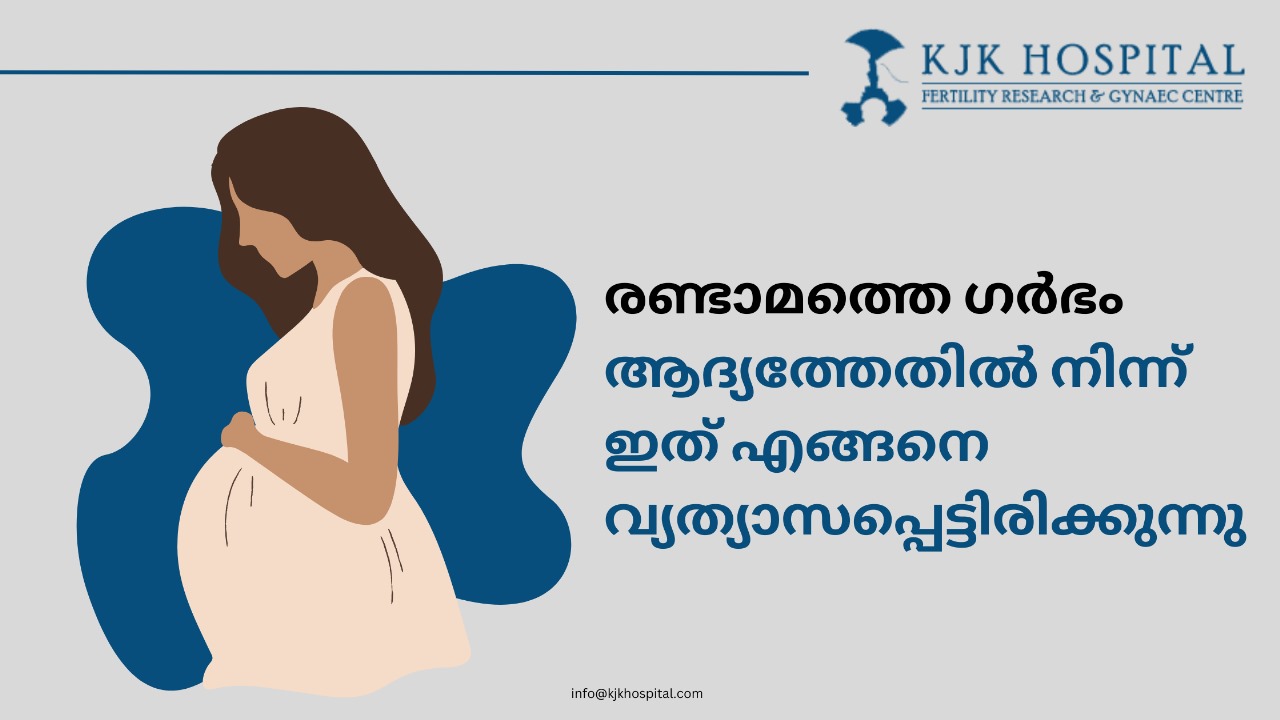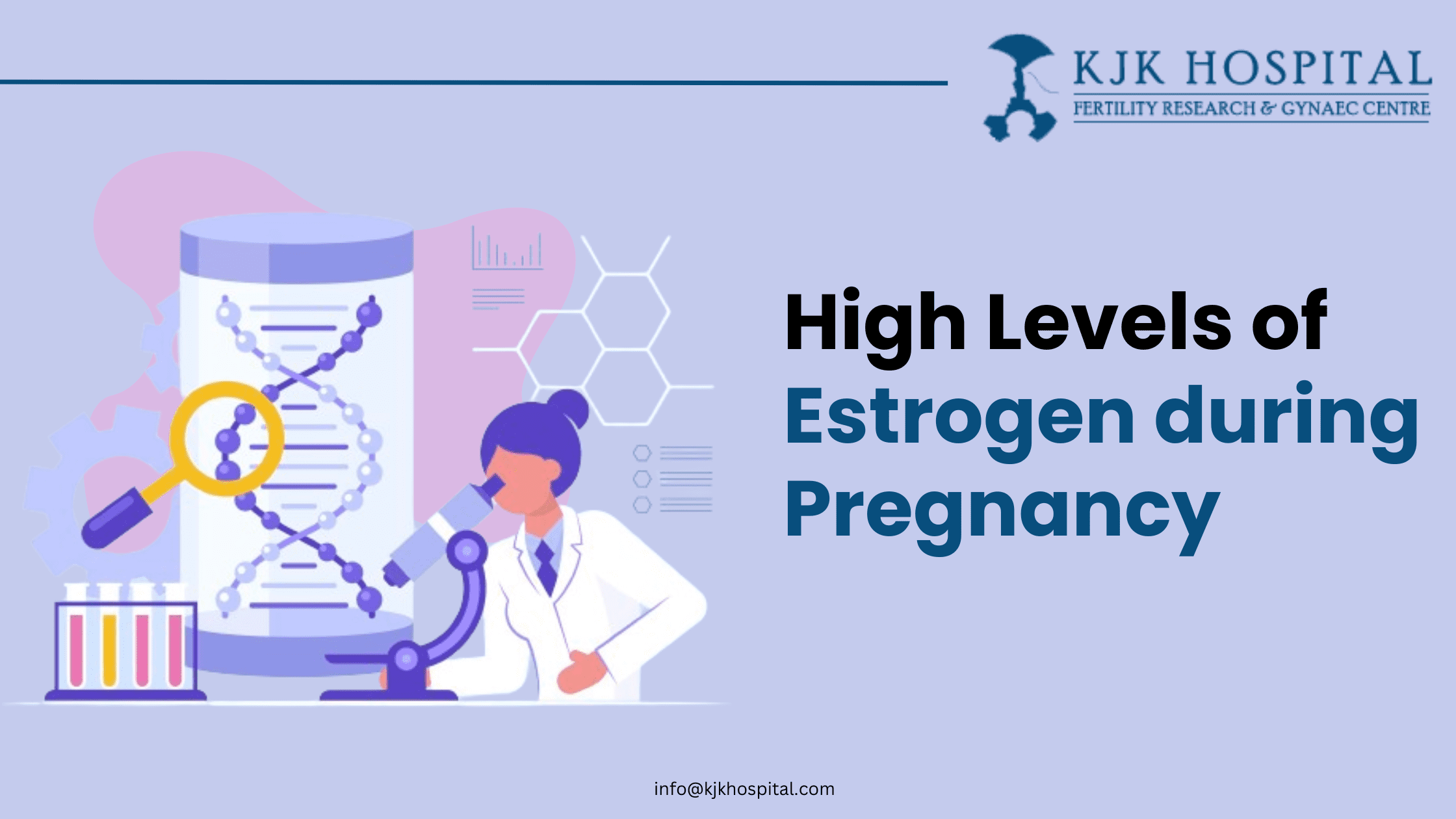Pregnancy is one of the most beautiful phases in a woman’s life. It is needless to say that one has to be cautious of symptoms if they feel that they are looking weirder than normal. Unwarranted pains and impulsive bleeding are some of the non-normal symptoms that can come during pregnancy. It is during these times that you will require a doctor’s visit to confirm that it is not an ectopic pregnancy.
Read on to find more information on ectopic pregnancy: symptoms, causes, tests, & treatment.
What is an Ectopic pregnancy?
Ectopic pregnancy, or tubal pregnancy, is where the egg implants outside of the uterus, which causes the embryo to grow outside of the womb. This causes a situation where the embryo’s growth cannot be continued normally. Around 2% of pregnancies all over the world have the chance of being ectopic. It can be on the fallopian tubes or in the cervix or even in the ovary or abdomen.
If the ectopic pregnancy goes unnoticed or unattended, it can be a heavy-risk pregnancy condition which can cause pregnancy loss and even high internal bleeding if the fallopian tube ruptures. If such a rupture happens, then it calls for immediate surgery.
It is advised to take immediate medical care if you think you have an ectopic pregnancy.
What are the early signs and symptoms of Ectopic pregnancy?
The early symptoms of ectopic pregnancy start appearing from four to twelve weeks of pregnancy, which is about two to ten weeks after fertilisation. The early symptoms of nausea, fatigue, and breast tenderness are similar to those of normal early pregnancy symptoms.
Occasional cramps and bleeding are usually not an alarming reason to visit a doctor. But the following symptoms need to be given special consideration:
- Abnormal bleeding or brown spotting after a positive pregnancy test.
- Other forms of vaginal bleeding
- Sharp pain in the lower abdomen
- Lower back pain.
It has to be brought to their immediate attention if the pain worsens over time.
If the pain goes unnoticed and if the fallopian tube ruptures, you may further experience symptoms like:
- Heavy bleeding
- Rectal pressure
- Sharp, consistent and severe abdominal pain
- Feeling weak and dizzy
- Shoulder pain
Causes of Ectopic Pregnancy
Although any woman in her pregnancy phase can develop an ectopic pregnancy, there can be certain conditions which are related to the higher chances of ectopic pregnancy, like:
- Pelvic inflammatory disease: It is an infection that affects the fallopian tubes, ovaries, and uterus. It happens when the bacteria travels from the woman’s vagina to her other reproductive organs. The scarring due to pelvic inflammatory disease causes higher chances of ectopic pregnancy and infertility.
- Sexually transmitted diseases like chlamydia or gonorrhoea
- A woman who has previously experienced an ectopic pregnancy has further chances of having an ectopic pregnancy
- Endometriosis: is where the tissue lining of the uterus grows in other places, like the ovaries or fallopian tubes.
- IVF
- Tubal surgery
- Getting pregnant using an IUD
- Smoking
- Being over the age of 35
It would be ideal to pay a visit to the doctor if you are found to be expecting.
Ectopic pregnancy tests and diagnosis
An ectopic pregnancy can be diagnosed within four to five weeks of pregnancy and can be examined through:
- Pelvic examination
- Transvaginal ultrasound
- Blood tests
- Other blood tests to find out if there is internal blood loss
Treatment for ectopic pregnancy
It is very difficult to preserve an ectopic pregnancy. There are different treatments for ectopic pregnancies, like:
- Medication: If the ectopic pregnancy is found in the initial stage, the smallest ectopic pregnancies where the foetal heartbeat isn’t present and the fallopian tube hasn’t ruptured can be treated using medication. It is usually treated with methotrexate. The medication stops the cells from growing, the pregnancy ends, and the body reabsorbs the cells within four to six weeks. Following this medication, proper monitoring of the HCG levels has to be considered to see if they are decreasing appropriately. If it is not, then a second shot of the medicine is required. Make sure to avoid alcohol and excessive intake of folic acid. Keep up with the appointment of best gynaecologists in Trivandrum.
- Laparoscopic surgery: The surgery has to be conducted when the fallopian tube is ruptured or when the pregnancy has crossed the initial stage. The practitioner may give the woman general anaesthesia, and she can leave the hospital after 24 hours of the surgery.
- Laparotomy: Laparotomy is where a bigger incision is required to treat an ectopic pregnancy. For this procedure, it might be necessary for the patients to stay back for a day or two in the hospital.
Hope these article on ectopic pregnancy- symptoms, causes, tests and treatments would be helpful for you. Pregnancy loss due to ectopic pregnancy is very similar to other miscarriages. Early detection can help in reducing the severity through medication. Having an ectopic pregnancy should have little bearing on future fertility. Make sure to get relevant input from your doctor after the ectopic pregnancy, if you are planning to conceive again.
KJK hospital has been named as the best Gynec hospital in Kerala to treat ectopic pregnancies. The highly experienced practitioners will help you to detect such pregnancies at a very early stage. The infrastructure of the hospital also supports the early detection and also helps with the surgery requirements needed for ectopic pregnancies.








